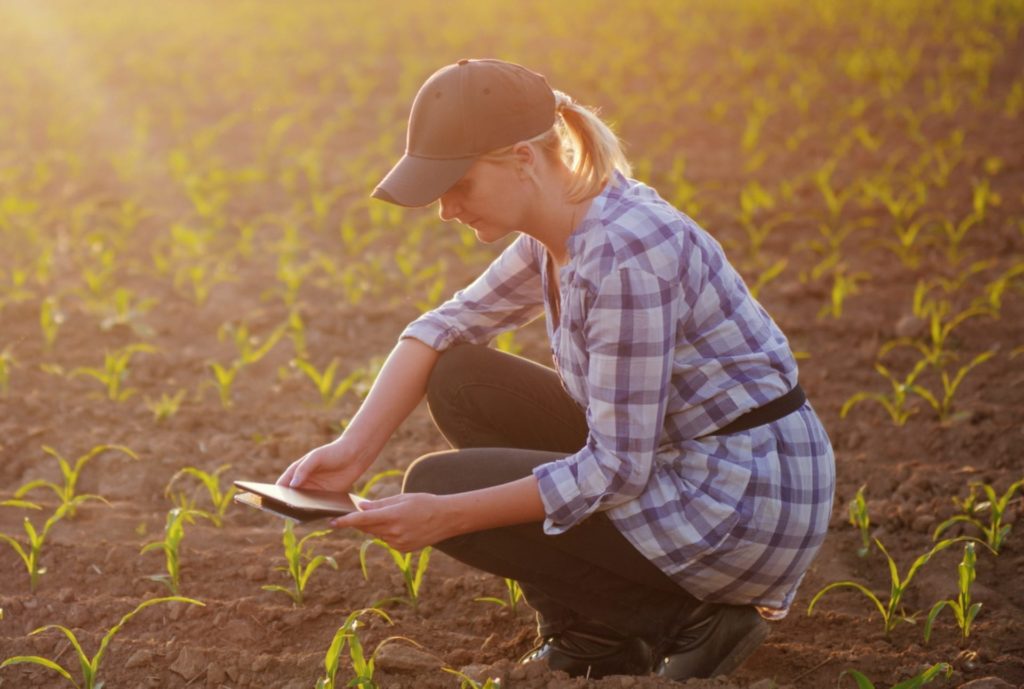The Australian Bureau of Agriculture and Resource Economics and Science forecasts that coronavirus could see $389 million wiped from the bottom line of Australia’s seafood industry alone. China’s demand for high-end seafood products has fallen to almost zero since the virus took hold.
Farm businesses are also suffering from a decline in the international workforce they rely on.
But what is not yet being considered is the potential loss of the substantial “off farm” income that women bring to families working in agriculture. The Australian Bureau of Statistics ABARES predicts women contribute a massive 75 per cent of “off farm” income in Australia – which is often what is used to keep food on the table when things are tough on the farm. Read more about women in agriculture here
*********
Get our weekly newsletter for women in agriculture, sign up to The Ag Wrap.
“There might be some job security for those in salaried jobs, but for rural women in contract positions, or those with small businesses, such as online rural businesses – they will suffer,” SA Rural Woman of the Year and farmer Steph Schmidt says.
“Discretionary purchases will be the first things to go.”
The National Farmers Federation reiterated that farmers are already doing it tough from the prolonged hardship of years of drought as well as floods and recent bushfires.
The NFF has welcomed the Federal Government’s stimulus package, that will direct $1 billion to a “regional and community fund” that will support industries affected by the economic fallout of Covid-19, including agriculture. But it is not yet known how the funds will be distributed.
About three quarters of Australia’s agricultural output is exported and much of the fruit growing industry relies on the input of backpackers and foreign workers.


